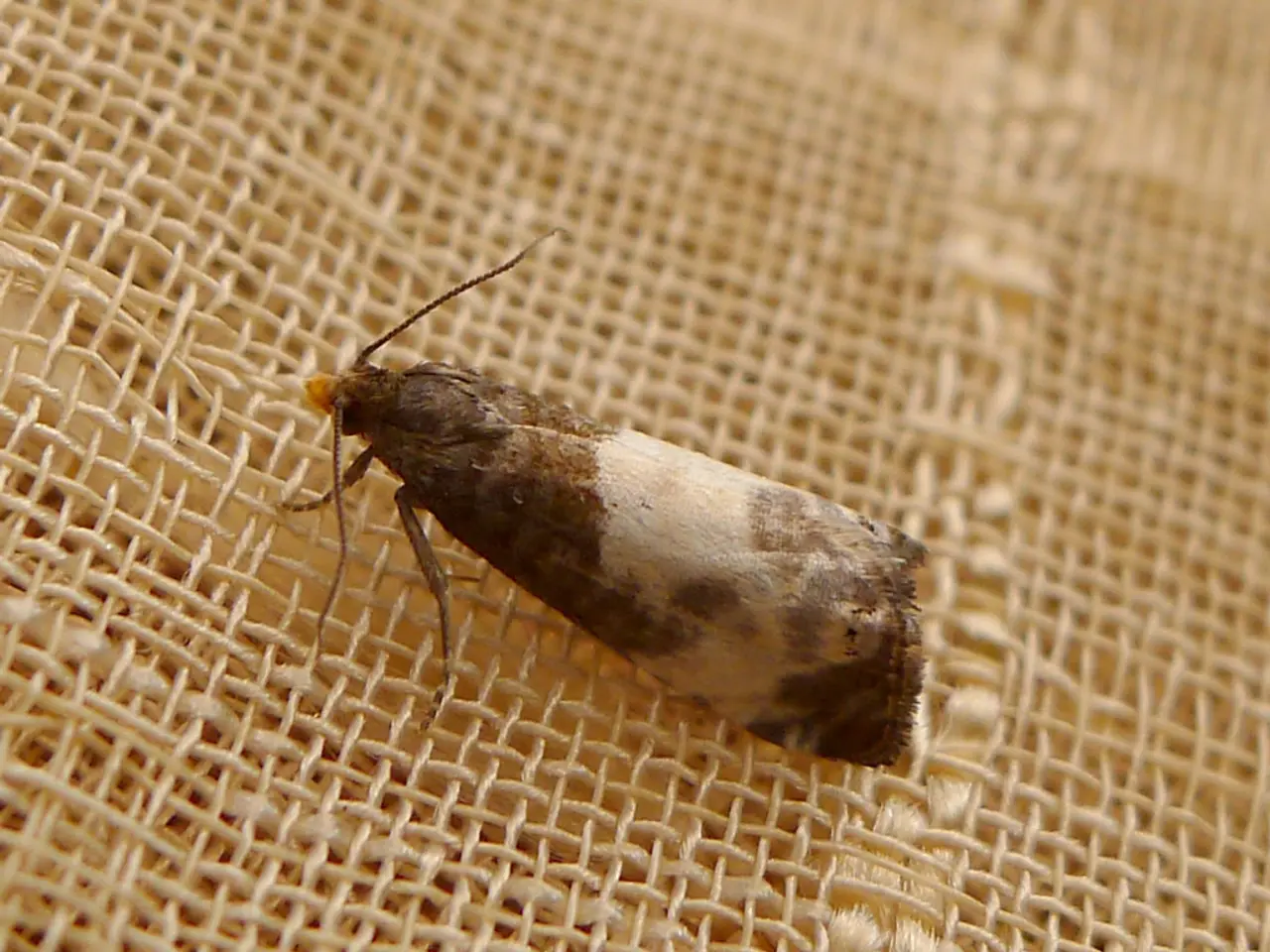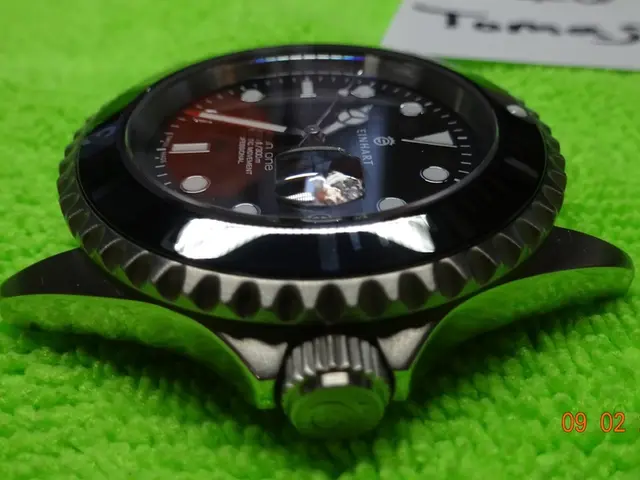Piercing Affected Hidradenitis Suppurativa: Unwise Decision
Hidradenitis suppurativa (HS) is a chronic skin condition that affects many individuals, often causing painful and swollen lesions or boils. Here's a guide on how to manage HS effectively, both at home and with professional treatment.
For mild cases, effective at-home solutions focus on gentle skin care, inflammation reduction, and wound management. Key approaches include gentle cleansing with mild soaps or body washes containing benzoyl peroxide or chlorhexidine, and avoiding harsh or irritating products.
Natural anti-inflammatory remedies, such as a home-made salve combining turmeric powder with coconut oil, can be applied during flare-ups or as maintenance to reduce inflammation. Honey-infused dressings, applied on non-adhesive dressings and covering open wounds, promote healing and prevent further skin damage or scarring.
Some herbal and organic creams, like those containing tea tree oil, may relieve pain, reduce lumps, and help with scarring. However, their efficacy varies and is often supported by limited clinical evidence.
For some patients, particularly women with concurrent conditions like Polycystic Ovary Syndrome (PCOS), controlling hormonal factors through oral contraceptives, anti-androgens, or medications like metformin can reduce HS flare-ups. Maintaining a healthy weight, reducing stress, and adopting an anti-inflammatory diet are also important parts of holistic care.
However, it's crucial to remember that recurring, severe, or complicated cases require professional dermatological evaluation and treatment to prevent progression and improve outcomes. You should see a dermatologist if you experience a flare-up with painful, swollen lesions or boils that do not improve with basic at-home care, if there is pus or infection requiring oral antibiotics or more advanced treatment, if you have recurrent or severe outbreaks that impact your quality of life, or if you need a comprehensive treatment plan, including assessment of disease severity, ruling out infections, and coordination of care if you have related systemic conditions like PCOS.
In such cases, a dermatologist may suggest treatments to prevent HS flares and rescue treatments for new cysts. Warm compresses or warm water can help promote the drainage of HS cysts. Steroid injections may be suggested to reduce inflammation and stop cyst formation in an inflamed and sensitive area. In severe, persistent cases, laser hair removal or laser surgery may be considered.
It's important to note that popping HS cysts can lead to irreversible scarring and changes in pigmentation. Moreover, infection from popping HS cysts can spread to other areas of the skin or the bloodstream. Therefore, it's advisable to keep the affected area clean with antibiotic washes or rubbing alcohol and keep it bandaged until seen by a doctor.
In conclusion, while mild HS can often be managed initially with gentle skin care and home remedies, recurring, severe, or complicated cases require professional dermatological evaluation and treatment to prevent progression and improve outcomes. Regular consultation with a dermatologist is essential for preventing HS flares and having access to treatments for new cysts.
- Maintaining good health-and-wellness and skin-care is vital for individuals with Hidradenitis suppurativa (HS), especially when managing skin-conditions like HS. This includes gentle cleansing with mild soaps or body washes and avoiding harsh products.
- In addition to at-home solutions, natural anti-inflammatory remedies, such as a salve with turmeric powder and coconut oil, can help reduce inflammation in HS patients, particularly during flare-ups. Honey-infused dressings also promote healing and prevent further skin damage or scarring.
- For severe, persistent, or complicated HS cases, professional medical-conditions treatment might be necessary. A dermatologist may recommend treatments to prevent HS flares and rescue treatments, such as warm compresses, steroid injections, or even laser hair removal or surgery, to manage the condition effectively.




